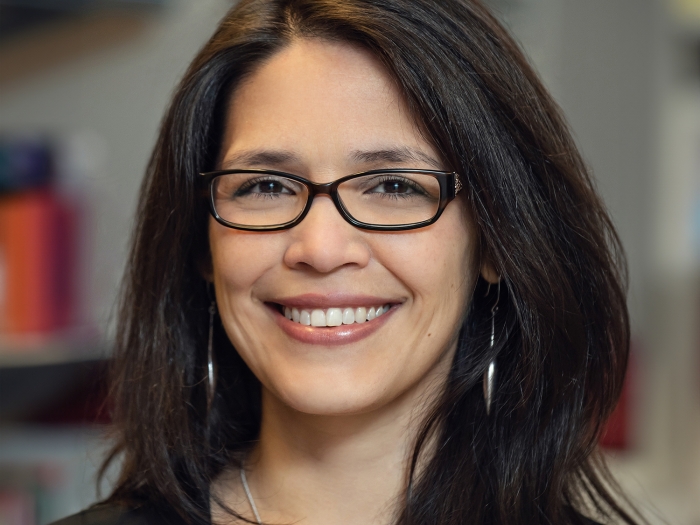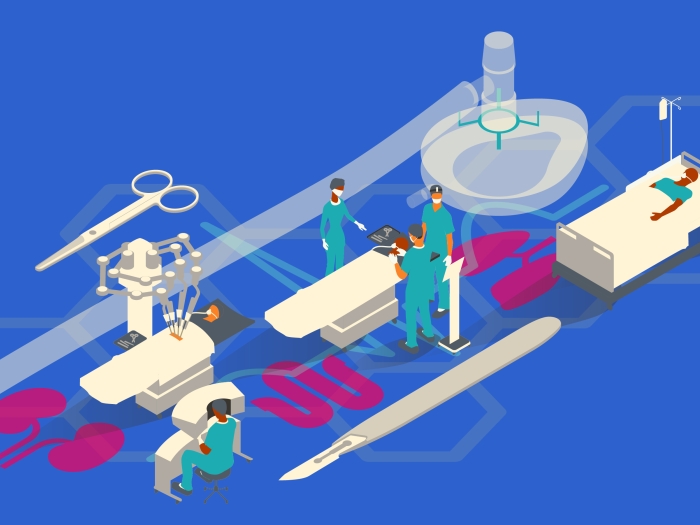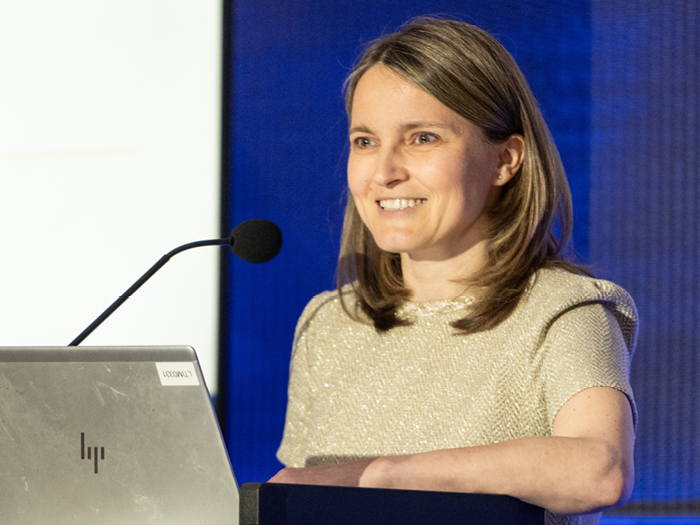Congratulations to the newly white-coated M1s and welcome to the Michigan Medicine family! As you're settling into your favorite seat (whether located in a lecture hall, computer lab, or on your couch) commencing the marathon that is this year, let me offer a few pieces of advice:
Adaptability
I tried nearly every study technique at some point last year: going to class/streaming, note-taking with a stylus/typing, entering comments directly into PowerPoints/using an online note-taking platform, following study guides, making flashcards, drawing on white boards, studying alone/with a friend, etc. You've probably gotten this far by identifying what worked for each subject and establishing a set routine, so it can be a bit unnerving to find that you must constantly change up your style. Be patient as you learn what works best for you.
The general state of my living room. Not pictured: coffee mug.
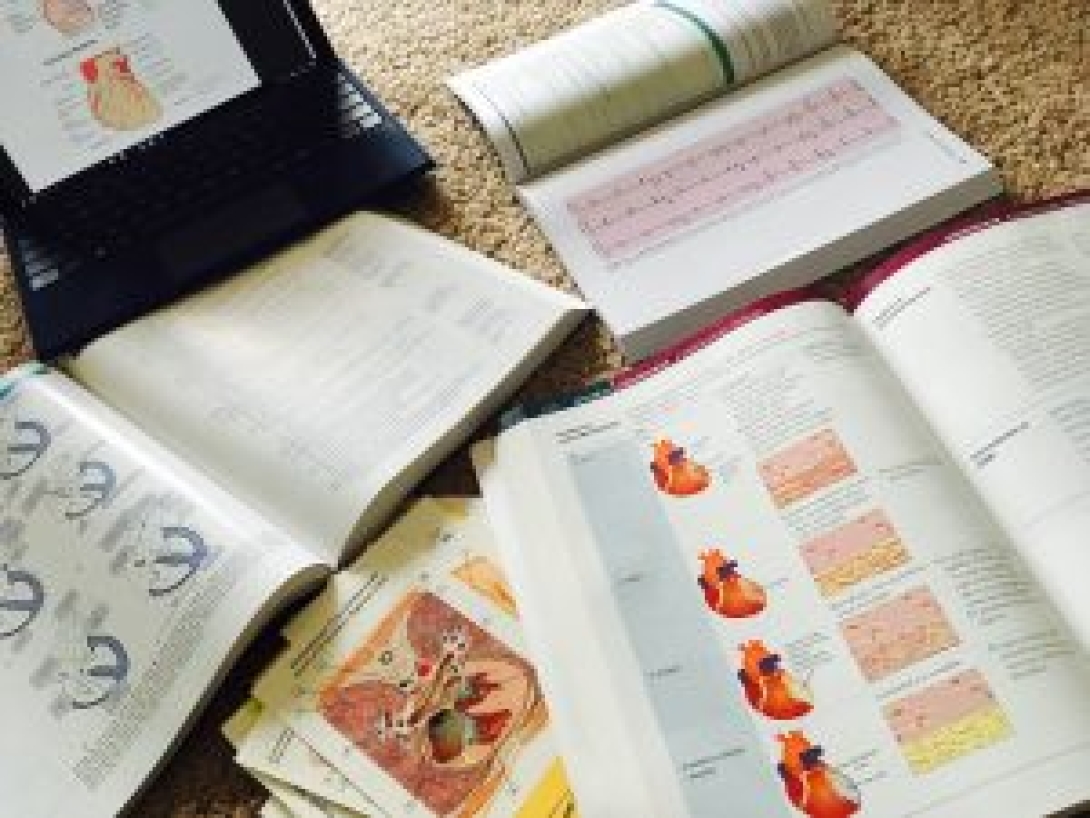
Time management
This will always be a work in progress for me; however, I consciously attempted to maintain a balanced life last year. Ironically, once I got involved with activities and made my relationships a priority, I became more attuned to productive task management. With that said, I bit off more than I could chew. There will be many organizations you'll want to get involved with, but be wary of charging in at every opportunity as it will be harder to scale back later.
The mindful practice of "self-kindness"
I am intensely critical of myself and if you are similar, you'll need to get in the habit of reminding yourself that you deserve to be here on this journey. You'll be terrible at some things and stellar at others. Be gracious about the arenas where you're a rock-star to the same degree that you punish yourself for the areas you fall short. Of course, be prepared to be humbled. Your classmates will be compelling and you'll learn immensely from them. Try not to make comparisons too often though; sometimes you have to "stay in your own lane."
Try to see the big picture
Cultivate a life outside of the med school bubble
Whether pursuing interests/hobbies, or intentionally seeking out relationships with non-students, it will be a necessity. What was meant to be a quick hiking break this year turned into eight hours of daytime studying lost, but it was what my spirit needed.
Personal flexibility is also crucial
Know what is non-negotiable, but also be willing to allow yourself to experience new things. Allow the narrative you have already written for yourself to be edited – from the field of medicine you're considering pursuing to the type of life you think you'll have while doing it.
Finally, don't hesitate to reach out to those who have gone before you if you have questions along the way. As a Cameroonian phrase goes, nous sommes ensemble (we are together).
Best wishes and Go Blue!
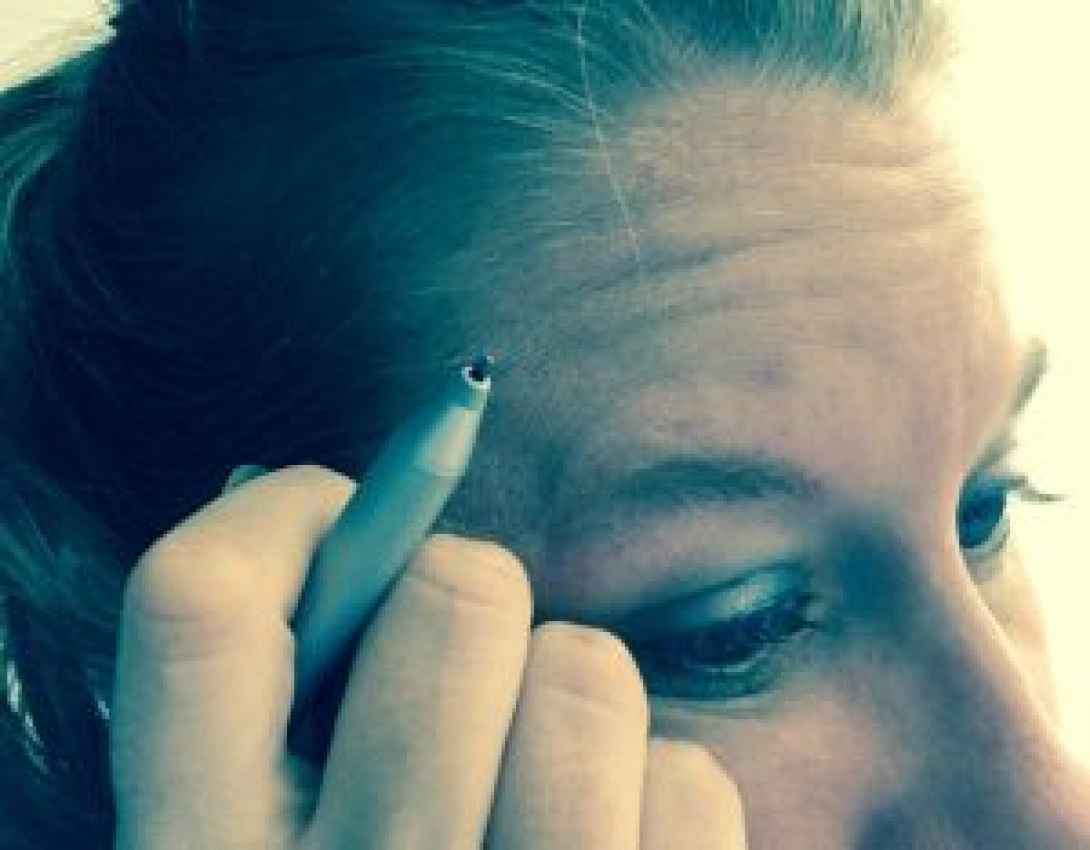

Department of Communication at Michigan Medicine
Want top health & research news weekly? Sign up for Health Lab’s newsletters today!
